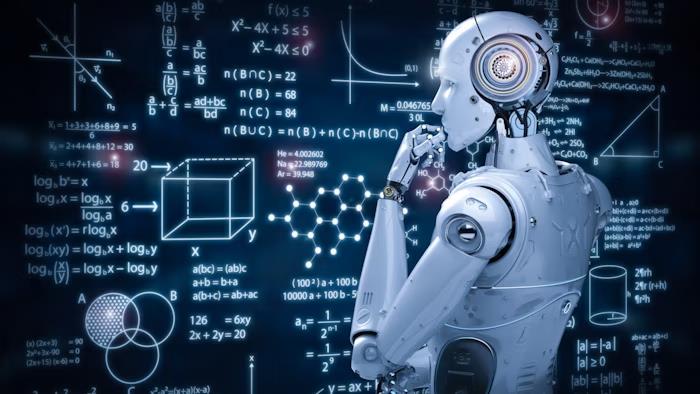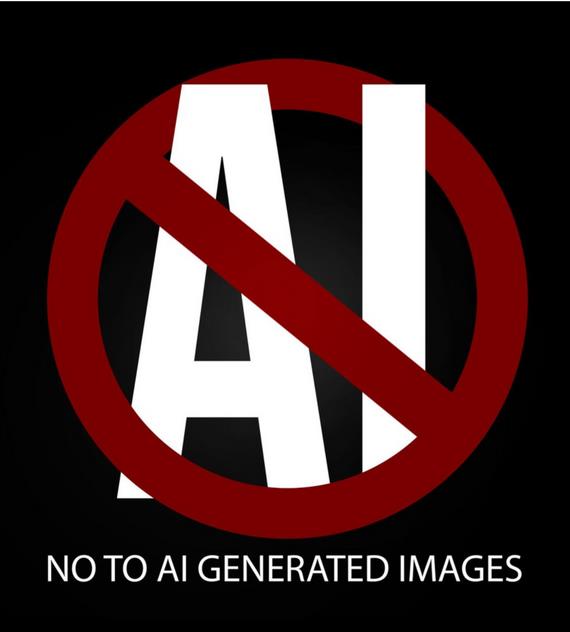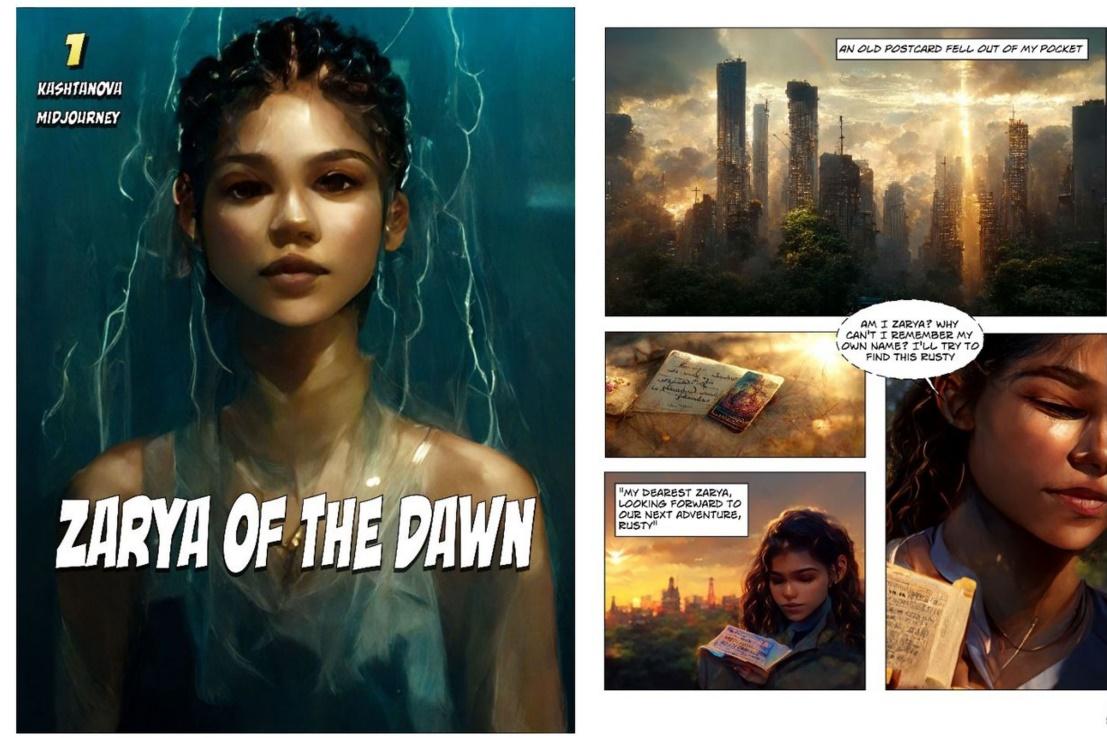
A Brief Introduction to ChatGPT
“ChatGPT, or similar language models, has the potential to significantly impact the legal industry in various ways”, says ChatGPT when prompted, “how is ChatGPT going to affect the legal industry”. ChatGPT is a machine learning based technology created by OpenAI, an American artificial intelligence (“AI”) research lab aiming to make AI globally user-friendly and accessible.1 Since OpenAI’s launching of ChatGPT in November 2022, ChatGPT has become one of the most accessible and user-friendly AI models available to the public. Reaching 100 million users in just over two months, ChatGPT may be the fastest-growing consumer app in internet history, and there is no doubt about its influence on various fields such as finance, government, technology, etc.2
The legal industry has access to ChatGPT and other generative AIs at their disposal as well. Seeing a potential for success in the legal field, OpenAI released its latest version of ChatGPT called GPT-4 in March 2023. GPT-4 currently powers CoCounsel, the very first AI legal assistant program now widely used by the legal industry.3 GPT-4 can perform tasks typically handled by lawyers, such as reviewing documents, preparing for a deposition, conducting legal research, and summarizing documents.4 As AI advances at an unprecedented speed, its potential impact on the legal profession, especially for lawyers and paralegals, can be evaluated.
ChatGPT’s impact on the Legal Profession
a. What ChatGPT can do
Put simply, generative AI like ChatGPT collects a colossal amount of information and data, breaks it down into small units, analyzes these small units, and puts them together.5 Taking advantage of the generative AI’s ability to access and quickly access vast amounts of information, ChatGPT-4 can perform advanced tasks such as drafting documents, legal research, predictive analysis, contract review analysis, and due diligence.6 In fact, a LexisNexis survey from March 2022 revealed that over half of the New York lawyers who participated in the survey expressed that they had already used generative AI at work or were planning on doing so.7 Currently, the services in the legal profession most likely impacted by AI are those that involve routine and repetitive tasks which are mostly handled by junior associates, leading to cost savings for law firms as AIs can perform those tasks faster.8 A study done in March 2023, by researchers at Princeton University, University of Pennsylvania, and New York University, predicted that the industry most vulnerable to the new AI was legal services. 9 Another research by Goldman Sachs also predicted that 44 percent of legal work could be automated.10
The rise of generative AI could also affect the demand for legal services due to its affordability and accessibility. The LexisNexis survey revealed that of around 2,000 consumers in the legal market, around 15% of them stated that they had already tried generative AI for legal advice or assistance.11 As generative AIs become more and more advanced, the number of people turning to AIs for relatively simple legal services are likely to increase and attorneys will see a decrease in the number of potential clients for certain types of legal work.
b. What ChatGPT cannot do
Despite its enthusiastic reception and hype, ChatGPT as of now still remains more as a prospect, according to its inceptor; co-founder and CEO of OpenAI Sam Altman tweeted in December 2022 that ChatGPT is “incredibly limited but good enough at some things to create a misleading impression of greatness.”12
A perfect example of his comment comes from a lawyer who used ChatGPT to draft a brief. Most recently in May 2023, a New York lawyer used ChatGPT to draft a brief opposing a motion to dismiss filed against an in-flight personal injury case filed in the Southern District Court of New York.13 When the lawyer asked ChatGPT to search for relevant cases to include in his opposition, ChatGPT cited more than half a dozen cases involving flight injuries.14 The brief contained pinpoint citations from cases such as Martinez v. Delta Air Lines, Zicherman v. Korean Air Lines, and Varghese v. China Southern Airlines.15 However, it turned out that ChatGPT had invented those cases and the lawyer who did not think that ChatGPT could “make up” cases used them without confirming the validity of the cases. The lawyer was eventually penalized to pay $ 5,000 for sanctions under Federal Rule of Civil Procudure Rule 11 for submitting pleadings that contain arguments that have no evidentiary support.16
In addition to the aforementioned problem of ChatGPT “making up” facts, ChatGPT is also not up-to-date. ChatGPT does not update its database automatically and/or regularly. 17 The current version has only been tested with information up to 2021.18 Therefore, ChatGPT is not aware of and/or does not have any information after 2021, which means its collection of case law, statutes, local ordinances, legislature, news, etc. is outdated and may sometimes even be irrelevant. For example, ChatGPT does not have in its database most recent U.S. Supreme Court cases such as Dobbs v. Jackson Women’s Health Organization that overturned Roe v. Wade in June 2022 and Students for Fair Admissions, Inc. v. President and Fellows of Harvard College that struck down affirmative action in June 2023. Furthermore, because ChatGPT operates by processing potentially inaccurate information, it also produces inaccurate information, with OpenAI claiming a factual accuracy rate between 70-80%.19 In such a fast paced world where facts have become ever more important, outdatedness and inaccuracy can result in significant negative impact on users in various ways. This in turn means that it is still a little early for people to fully rely on the information and/or work product produced by generative AI assistance.
Legal Implications that Comes with the Increased Use of AI in the Legal Field
a. Privacy
Another concern with generative AI tools like ChatGPT is privacy. According to the OpenAI’s product and service privacy policy, “data ingested into the public ChatGPT model becomes part of the data repository and is not kept private,” and therefore the data could be breached and private information could be leaked.20 Hence there is a potential violation of a duty of confidentiality in using public generative AI, and many firms either ban or only allow limited use of generative AI in fear of privacy violation.21 Similarly, private users should keep in mind that the data they put in the public AI could be exposed.

b. Copyright
As explained previously, generative AI such as ChatGPT creates text based on a vast amount of data that is already out, and a huge part of which is copyrighted. Courts’ ruling on whether ChatGPT’s use of such work constitutes an act of copying works that are protected by copyright is not clear because there has not been a case raising the issue. However, it is an implication that users, especially lawyers, need to keep in mind. On the other hand, whether work created by the generative AI can be copyrighted is another interesting question; there is not an abundance of cases regarding the issue. However, the U.S. Copyright Office in its formal guidance said that works created by AI may be copyrightable, provided that the work involves sufficient human authorship. 22
Verdict?
Artificial intelligence has more heavily been integrated in people’s everyday lives than they may have realized. From customer service, education, content creation, and businesses, more people are turning to tax-filing softwares such as Turbotax to file their tax returns and more and more websites are using AI chat-systems to direct and help customers. The advancement and development of AI are likely not ending anytime soon. In February 2023, Google launched Bard, its experimental artificial intelligence23 and Meta also introduced its own artificial intelligence, LLaMA (Large Language Model Meta AI).24 The tech industry’s seemingly infinite possibilities fuel competition and investments, and nobody can predict how fast and far it can take us. According to UBS, the AI services market is expected to grow to $90 billion by 2025.25 However, amidst the possibilities, the example of the New York lawyer who used ChatGPT to draft a brief with nonexistent cases reminds us that artificial intelligence is at its core “artificial.”
After a brief pause, ChatGPT added when asked “how is ChatGPT going to affect the legal industry”: “However, it’s important to note that while ChatGPT can be a useful tool, it should not be seen as a substitute for human legal expertise. Legal professionals will still play a crucial role in interpreting and applying the law, exercising judgment, and providing tailored advice to clients. Additionally, ethical considerations surrounding the use of AI in the legal industry, such as privacy, data security, and bias, need to be addressed to ensure responsible and fair deployment.”
1OpenAI,https://openai.com/ (last visited July 18, 2023).
2 Sawdah Bhaimiya, ChatGPT May Be the Fastest-Growing Consumer App in Internet History, Reaching 100 Million Users in Just Over 2 Months, UBS Report Says, Business Insider (Feb. 2, 2023), https://www.businessinsider.com/chatgpt-may-be-fastest-growing-app-in-history-ubs-study-2023-2.
3Casetext https://casetext.com/ (last visited July 18, 2023).
4ID.
5 Kevin Roose, How Does ChatGPT Really Work?, N.Y.Times (Mar. 28, 2023),https://www.nytimes.com/2023/03/28/technology/ai-chatbots-chatgpt-bing-bard-llm.html
6The Potential Impact of Generative AI on Law Firms, FairfaxAssociates.com (May 10, 2023), https://fairfaxassociates.com/insights/the-potential-impact-of-generative-ai-on-law-firms/
7Generative AI Captures Iagination of Lawyers, Law Students, Consumers Alike, LexisNexis.com (Mar. 20, 2023), https://www.lexisnexis.com/community/pressroom/b/news/posts/generative-ai-captures-imagination-of-lawyers-law-students-consumers-alike
8Id.
9Jan Hatzius, Joseph Briggs, Devesh Kodnani & Giovanni Pierdomenico, The Potentially Large Effects of Artificial Intelligence on Economic Growth, Goldman Sachs (Mar. 26, 2023), https://www.gspublishing.com/content/research/en/reports/2023/03/27/d64e052b-0f6e-45d7-967b-d7be35fabd16.html
10Ed Felton, Manav Raj & Robert Seamans, How will Language Modelers like ChatGPT Affect Occupations and Industries?, Social Science Research Network (Mar. 6, 2023), https://papers.ssrn.com/sol3/papers.cfm?abstract_id=4375268.
11Id.
12 Sam Altman (@sama), Twitter (Dec. 10, 2022 7:11 PM), https://twitter.com/sama/status/1601731295792414720?lang=en.
13Benjamin Weiser & Nate Schweber, The ChatGPT Lawyer Explains Himself, N.Y.Times (June 8. 2023), https://www.nytimes.com/2023/06/08/nyregion/lawyer-chatgpt-sanctions.html
14Id.
15 Benjamin Weiser, Here’s What Happens When Your Lawyer Uses ChatGPT, N.Y.Times (May 27, 2023),https://www.nytimes.com/2023/05/27/nyregion/avianca-airline-lawsuit-chatgpt.html.
16 Mata v. Avianca, Inc., No. 54 Civ. 1461 (S.D.N.Y. June 22, 2023), available at https://storage.courtlistener.com/recap/gov.uscourts.nysd.575368/gov.uscourts.nysd.575368.54.0_3.pdf; see also Debra Cassens Weiss, Lawyers Who ‘Doubled Down’ and Defended ChatGPT’s Fake Cases Must Pay $5K, Judge Says, ABA Journal (June 26, 2023), https://www.abajournal.com/web/article/lawyers-who-doubled-down-and-defended-chatgpts-fake-cases-must-pay-5k-judge-says.
17 OpenAI, What is ChatGPT?, https://help.openai.com/en/articles/6783457-what-is-chatgpt (last visited July 18, 2023).
18Id.
19OpenAI, GPT-4, https://openai.com/research/gpt-4 (last visited July 18, 2023).
20Skye Witley, ChatGPT Tempts Big Law Despite AI Accuracy, Privacy Worries (2), Bloomberg Law (June 1, 2023), https://news.bloomberglaw.com/privacy-and-data-security/chatgpt-tempts-big-law-despite-ai-accuracy-data-privacy-worries.
21 Stephanie Pacheco, ANALYSIS: AI Has Entered the Chat- Is the Legal Industry Ready?, Bloomberg Law (May 10, 2023),https://news.bloomberglaw.com/bloomberg-law-analysis/analysis-ai-has-entered-the-chat-is-the-legal-industry-ready.
22Copyright Registration Guidance: Works Containing Material Generated by Artificial Intelligence, 88 Fed. Reg. 16, 190 (Mar. 16, 2023) (to be codified at 37 C.F.R. § 202); see also Blake Brittain, AI-created Images Lose U.S. Copyrights in Test for New Technology, Reuters (Feb. 22, 2023), https://www.reuters.com/legal/ai-created-images-lose-us-copyrights-test-new-technology-2023-02-22/.
23 Sundar Pichai, An Important Next Step on Our AI Journey, Google (Feb. 6, 2023), https://blog.google/technology/ai/bard-google-ai-search-updates/.
24 Introducing LLaMA: A foundational, 65-billion-parameter large language model, MetaAI (Feb. 24, 2023),https://ai.facebook.com/blog/large-language-model-llama-meta-ai/.
25UBS Editorial Team, Let’s Chat about ChatGPT, UBS (Feb. 23, 2023),https://www.ubs.com/global/en/wealth-management/our-approach/marketnews/article.1585717.html.


